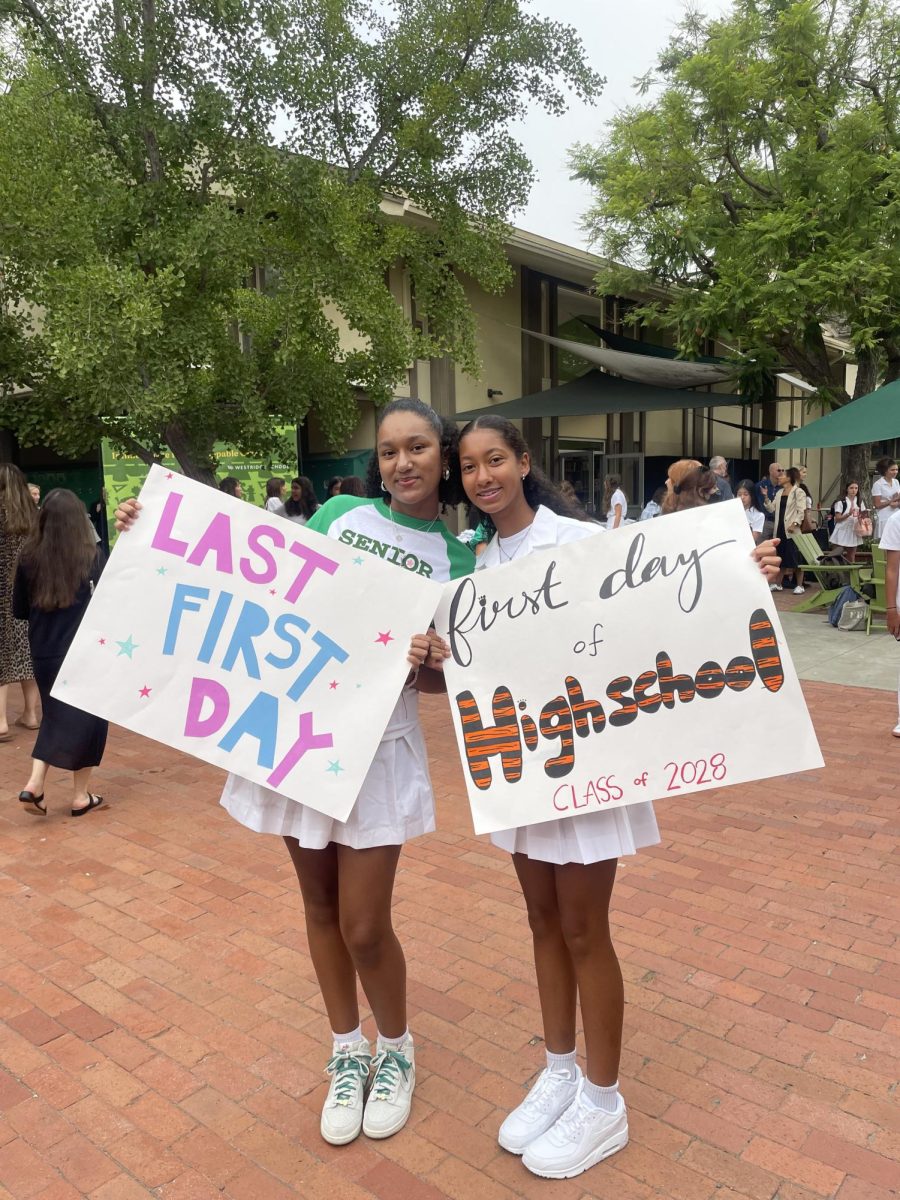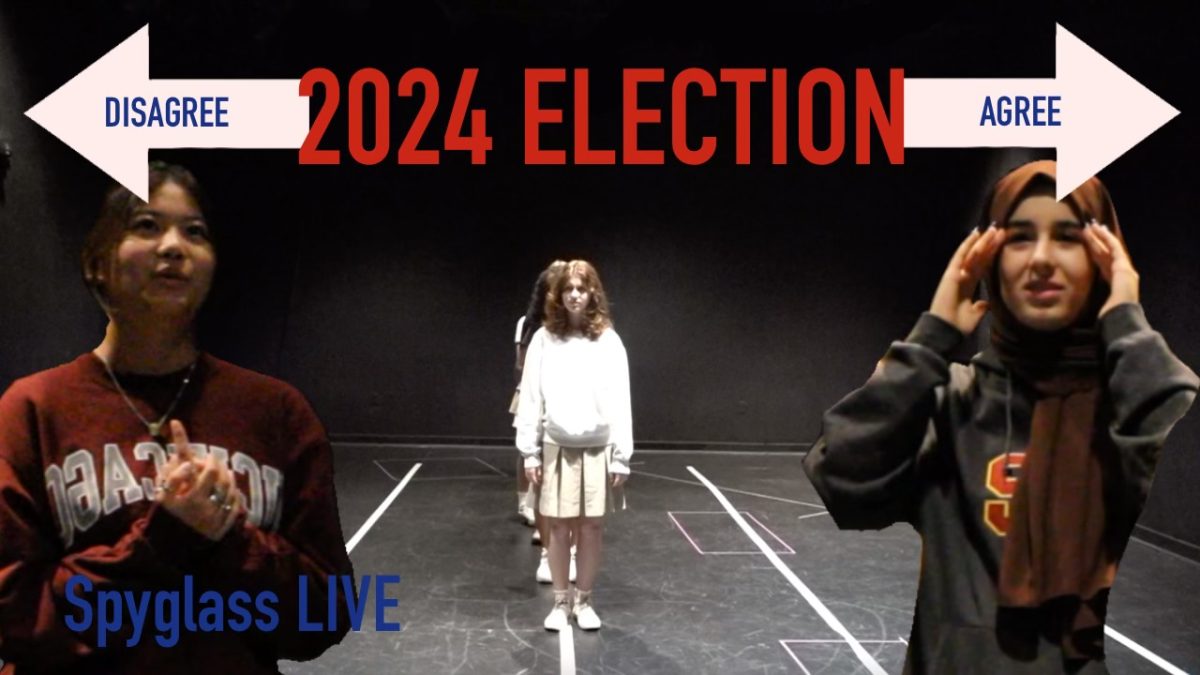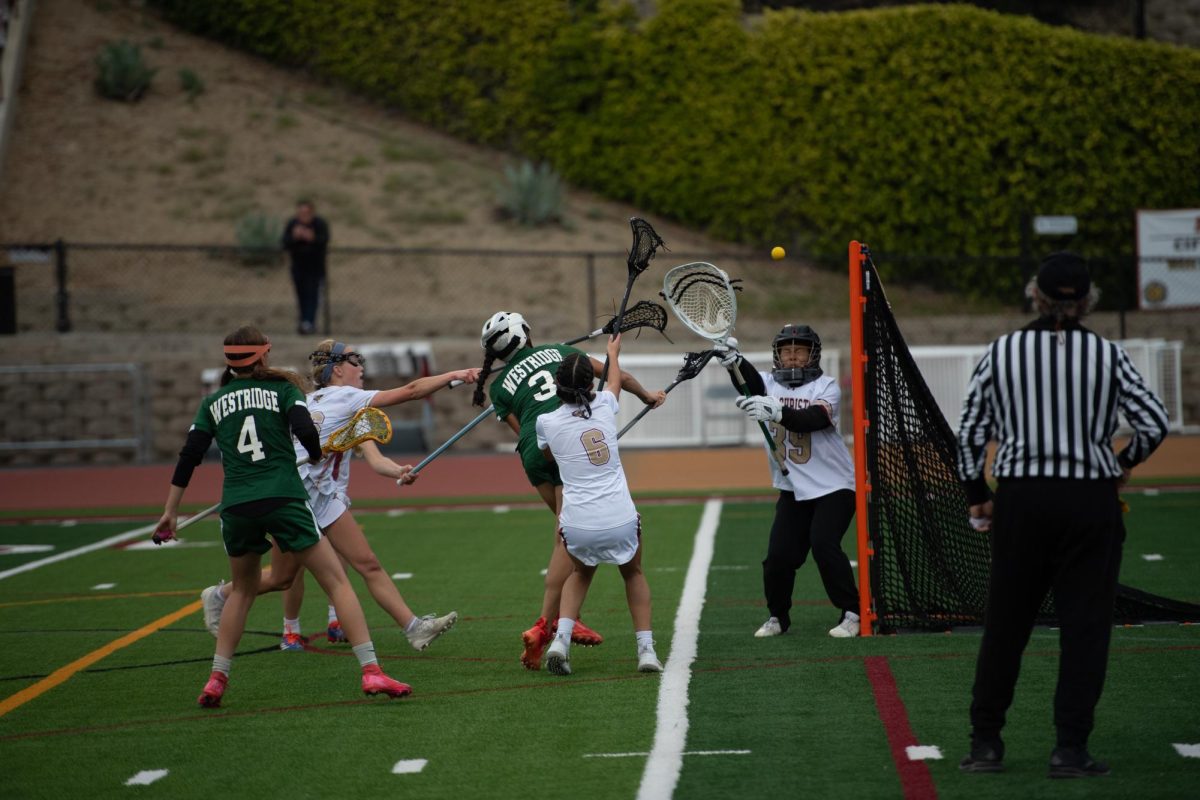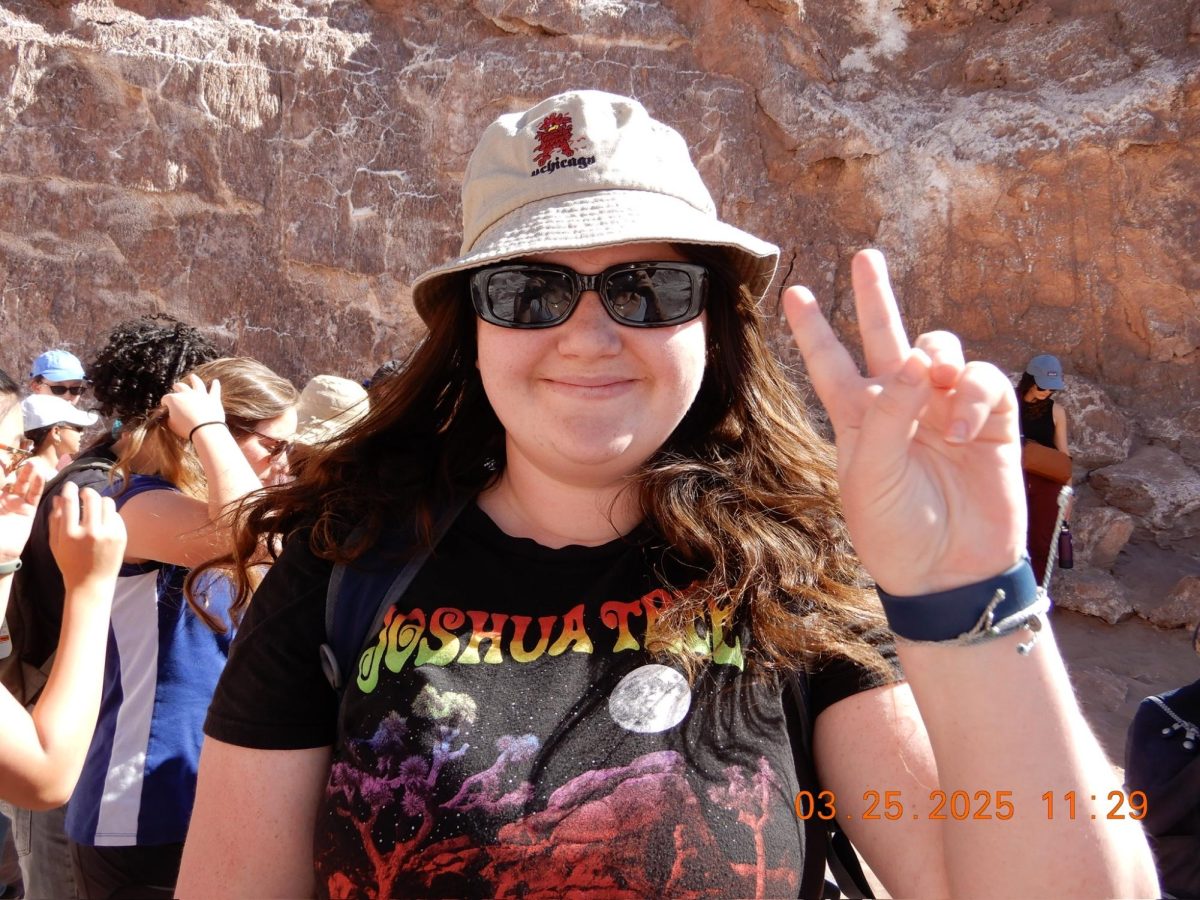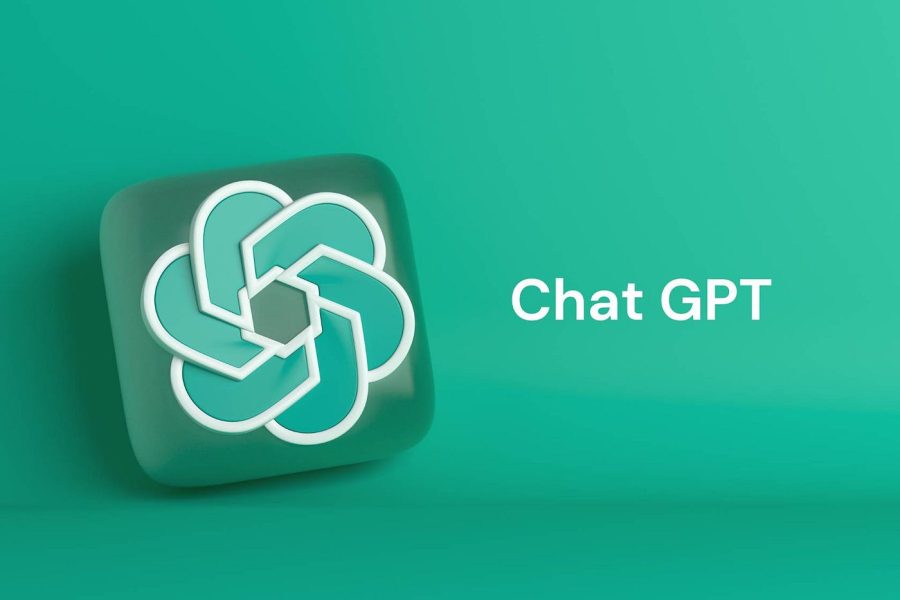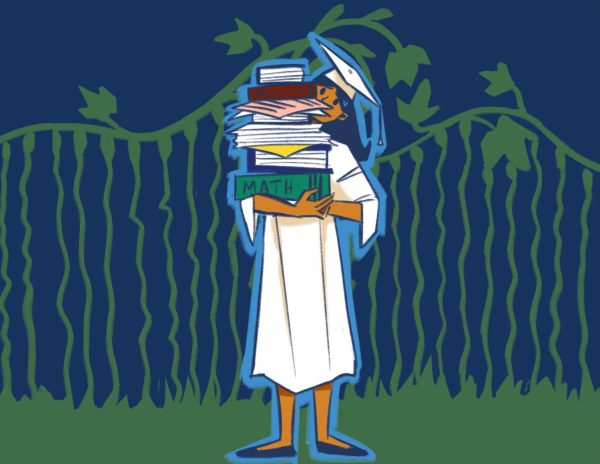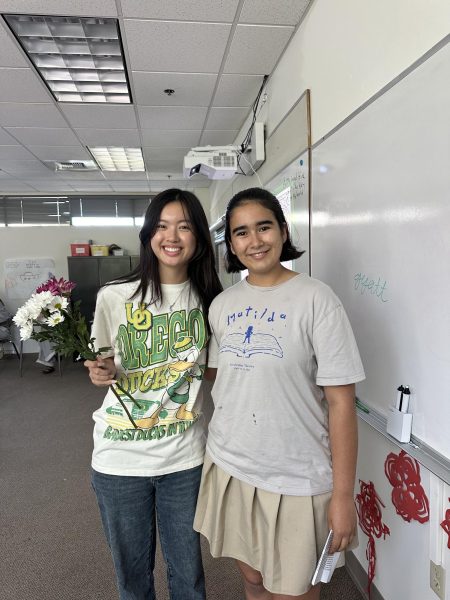Op-Ed: New Resources Doesn’t Mean Harmful Resources: Westridge Needs to Reconsider Student Use of ChatGPT and SparkNotes
Recently in AP Computer Science Principles, my teacher instructed the class to use ChatGPT to generate a script for an informational video regarding the history of the internet. The newly-launched AI program developed by Open AI has the ability to produce poetry, song lyrics, literature analysis, recipes, creative ideas, research papers, and other human-like forms of writing when prompted. She also encouraged students to use ChatGPT to generate a base for our code in one of our current projects where we write code in HTML. Our teacher’s reasoning behind allowing us to use ChatGPT was to save us time in starting our projects but also to help us to understand the AI’s capabilities. We were allowed to use lines of generated code as long as we understood them ourselves. Then we were able to showcase our own creativity by adding components to our code or slightly changing lines to get a final product that met the requirements of the project while being unique.
After playing around with the artificial intelligence with my peers for a few minutes, we started to generate code to assist our project. While the code ChatGPT generated was not exactly what we needed, surprisingly enough, we were able to utilize some of the code. It gave us a starting point, something to play with. Additionally, as I reviewed each line of the generated code, I understood the concepts better than before. It felt like looking at a finished puzzle after staring at the pieces for so long. I could finally grasp where the colors in the puzzle lined up and how the jagged edges fit together. Finally, with this clarification, I could expand on the code to make it my own unique project.
I understand the concerns that ChatGPT and other platforms like it pose to academic integrity and learning. The platform makes it extremely easy for students to generate work that is not their own. I don’t believe the concerns about AI are wrong—in fact, I strongly agree that poor use of the platform will inhibit student learning—but many people are failing to recognize the benefits offered by the AI. In computer science, I was able to use ChatGPT for clarification on tricky concepts, as a jumping-off point for my project, and to further develop my own code. It made me think—if using the website for one simple assignment benefitted my learning in so many ways, are there ways in which ChatGPT and other outside resources could be used to assist learning?
Instead of viewing outside resources as a threat to learning and academic integrity, which it certainly can be, maybe there’s a way to embrace them so that they enhance learning. Another good example of this is the popular literary analysis website, SparkNotes. The website is discouraged by teachers, as some students misuse the website by reading the provided summary instead of reading the book.
If integrated into academics with substantial precautions, Sparknotes, ChatGPT, and the like have the ability to further student learning.
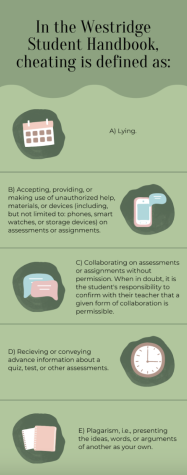
Cheating is clearly defined in the Westridge Student Handbook, and touches on the use of outside resources. The English Department’s Policy on Academic Integrity, which can be accessed through the English course syllabi, explicitly states, “You may not consult online sources when considering ways to interpret texts or to check your understanding of a text.”
Despite this, many students still use literary analysis websites to assist their understanding of the reading and deepen their analysis.
When lengthy chapters of a book don’t make sense, some students turn to SparkNotes or online sources purely for clarification. This act opposes Rule B in the Student Handbook, yet it raises the question whether or not it should be considered an act of academic dishonesty. An unnamed sophomore stated, “I think SparkNotes helps to clarify that I’m thinking the right way. That we’re on the right track for analyzing.”
In response to the use of SparkNotes for clarification purposes, Upper School English Teacher Ms. Wei said the members of the English Department would rather students talk among each other in class discussions for clarification or ask a teacher directly instead of consulting online sources.
“We really don’t want you guys to go online and check your understanding. We know why people do…But ultimately, from our perspective, we really want you guys to use the room, to be in there, to grapple with the ideas, to talk with each other, to figure it out, to talk with us. Not to think that you need to be an expert because you’re in high school.”
Sparknotes itself stipulated how the website should be used to further student learning rather than to replace it. According to its About page: “Our literature guides are meant to be read along with the books they analyze. They are not intended to be copied on tests or papers (aka plagiarized)… Our hope is that our analyses will help you draw your own conclusions about the work, and craft a unique opinion for tests and papers.”
I believe that Sparknotes like ChatGPT can be used to assist student learning. When students read and understand the book assigned in class but hope to expand on the ideas they came up with, many use their classmates’ ideas from class discussions as a jumping-off point. As long as they develop their own ideas and do not take ideas or words without crediting the original speaker, it does not constitute cheating according to the Student Handbook. Is reading and developing your own unique ideas from Sparknotes or any other online source really any different from participating in a class discussion?
The question made me think: in what other ways do students develop their ideas, and should that be considered cheating? What if a student mentions their reading at the dinner table, and their parents engage in the conversation? What if a student speaks to an older sibling or friend? What about watching a movie version or listening to an online lecture on YouTube? Students develop ideas, gather inspiration, research, sometimes even unknowingly, through all kinds of avenues—in addition to ChatGPT and Sparknotes.
In a New York Times article written by Kevin Roose, high school English teacher Cherie Shields stated she utilized ChatGPT in her classroom by creating outlines for a comparative essay of two short stories. After generating the outlines, students wrote their essays without any more assistance from the AI. Roose wrote that Shields’ process had “not only deepened students’ understanding of the stories. It had also taught them about interacting with A.I. models, and how to coax a helpful response out of one.”
Roose argues for the embracing of ChatGPT as an educational tool because it has the ability to write lesson plans, generate ideas for activities, serve as a tutor, a debate partner, as a jumping-off point for class exercises, or as a tool for writing. He summarized eighth-grade history teacher of Moses Brown School in Rhode Island Jon Gold’s opinion on the AI: “ChatGPT wasn’t a threat to student learning as long as teachers paired it with substantive, in-class discussions.”
Like Sparknotes, ChatGPT poses a large risk in education if used in the act of cheating—how can teachers be sure they’re evaluating a student’s work if they cannot differentiate between a paper that a student spent hours working tirelessly on and a paper generated in mere seconds by AI? Even more, not all information generated by ChatGPT is correct. “Systems like ChatGPT have produced outputs that are nonsensical, factually incorrect, even sexist, racist, or otherwise offensive,” said Leslie Stahl in a 60 Minutes piece regarding misinformation and bias in ChatGPT.
These drawbacks, however, should not take away from the benefits offered by outside resources. Many teachers have already begun to embrace resources in their classrooms rather than fear them.
When the calculator was introduced, many teachers feared that the device would detract from learning and replace the skills necessary to succeed in math. Today, however, we have found a way to use calculators to assist learning; it is used alongside mental math or written work to save time and complete long and difficult arithmetic. Similar concerns about learning were raised when the internet was developed, unleashing a whole world of resources which many feared would replace research skills. In time schools were forced to reckon with the 21st century landscape in which students live. SparkNotes, ChatGPT, and other resources are here to stay, and more like them are on the horizon. As new resources arise, schools need to find a way to utilize their offerings instead of attempting to bar them from students.

Sarah is a junior and in her third year as a Spyglass staff writer. When not writing for Spyglass, she enjoys playing soccer and lacrosse, listening to...




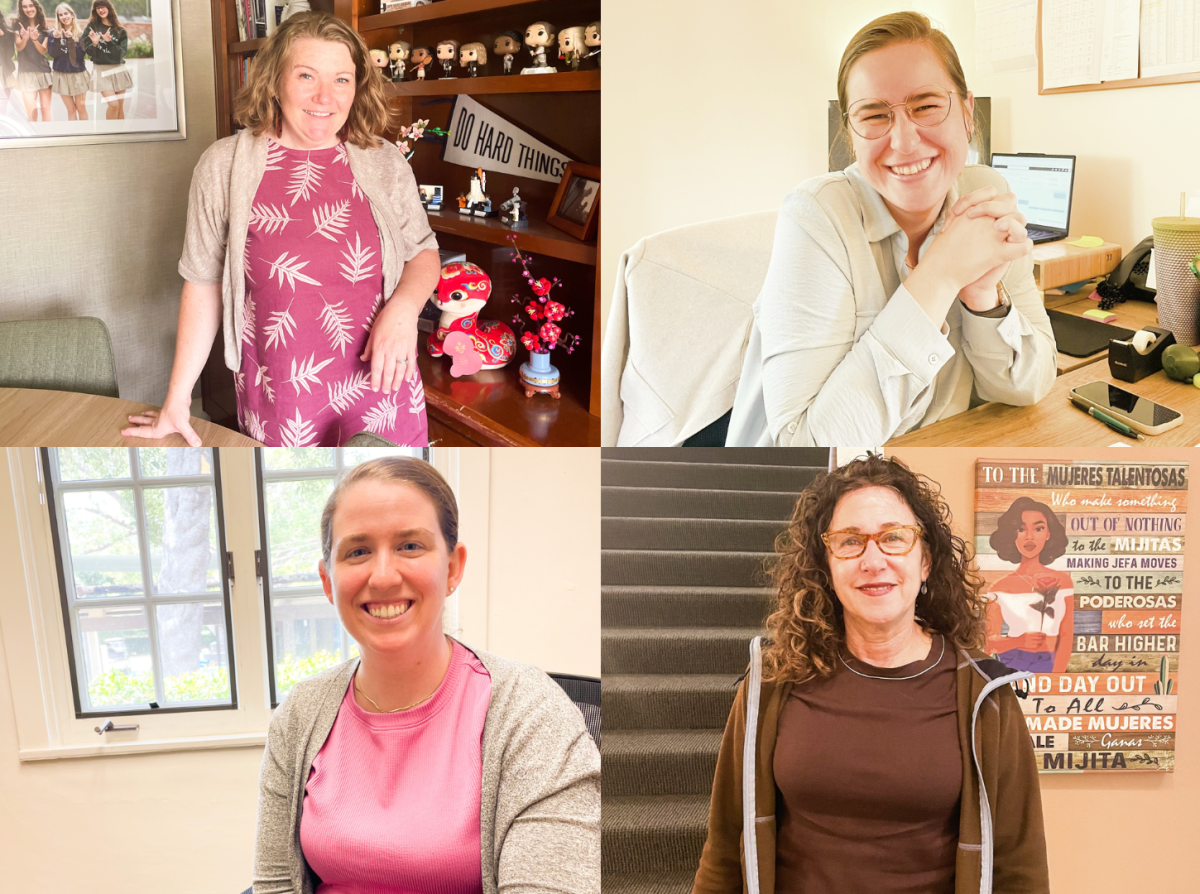
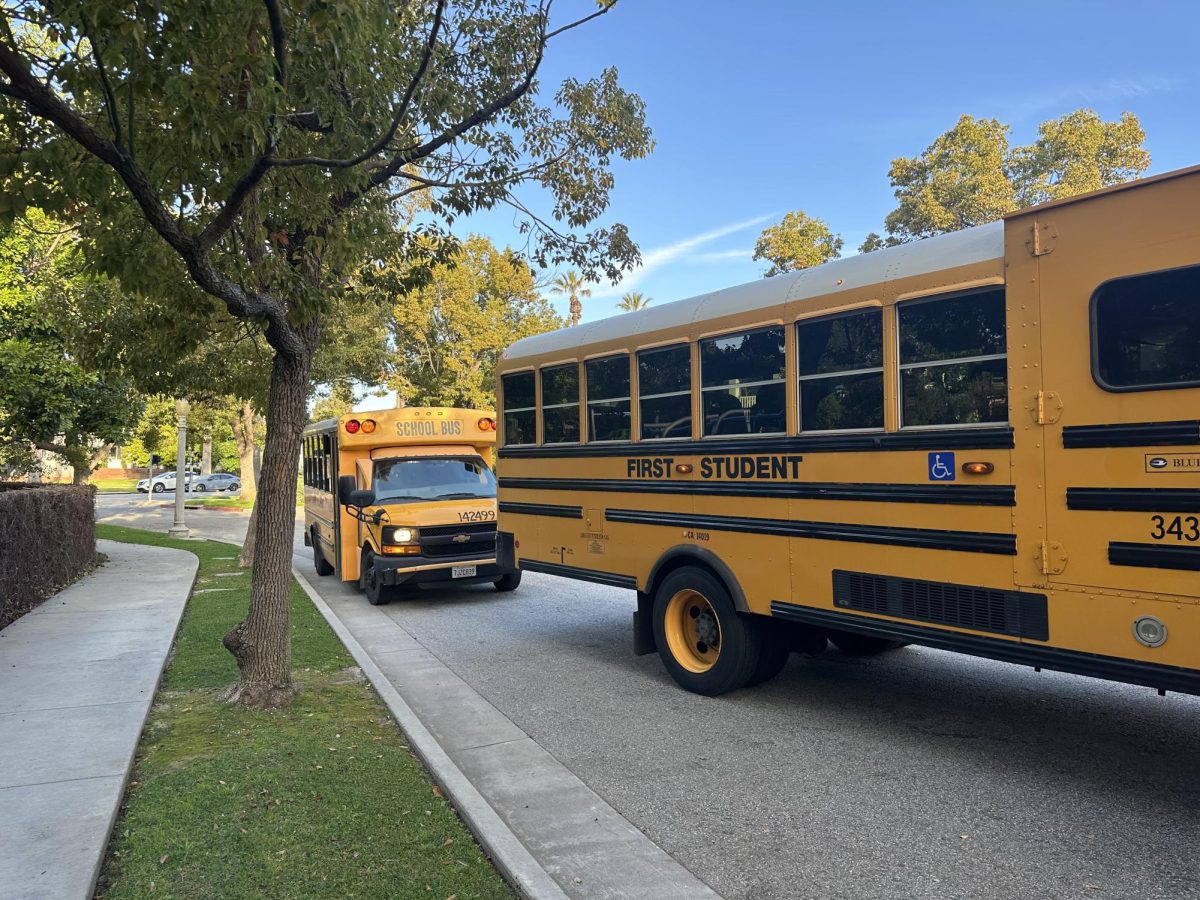


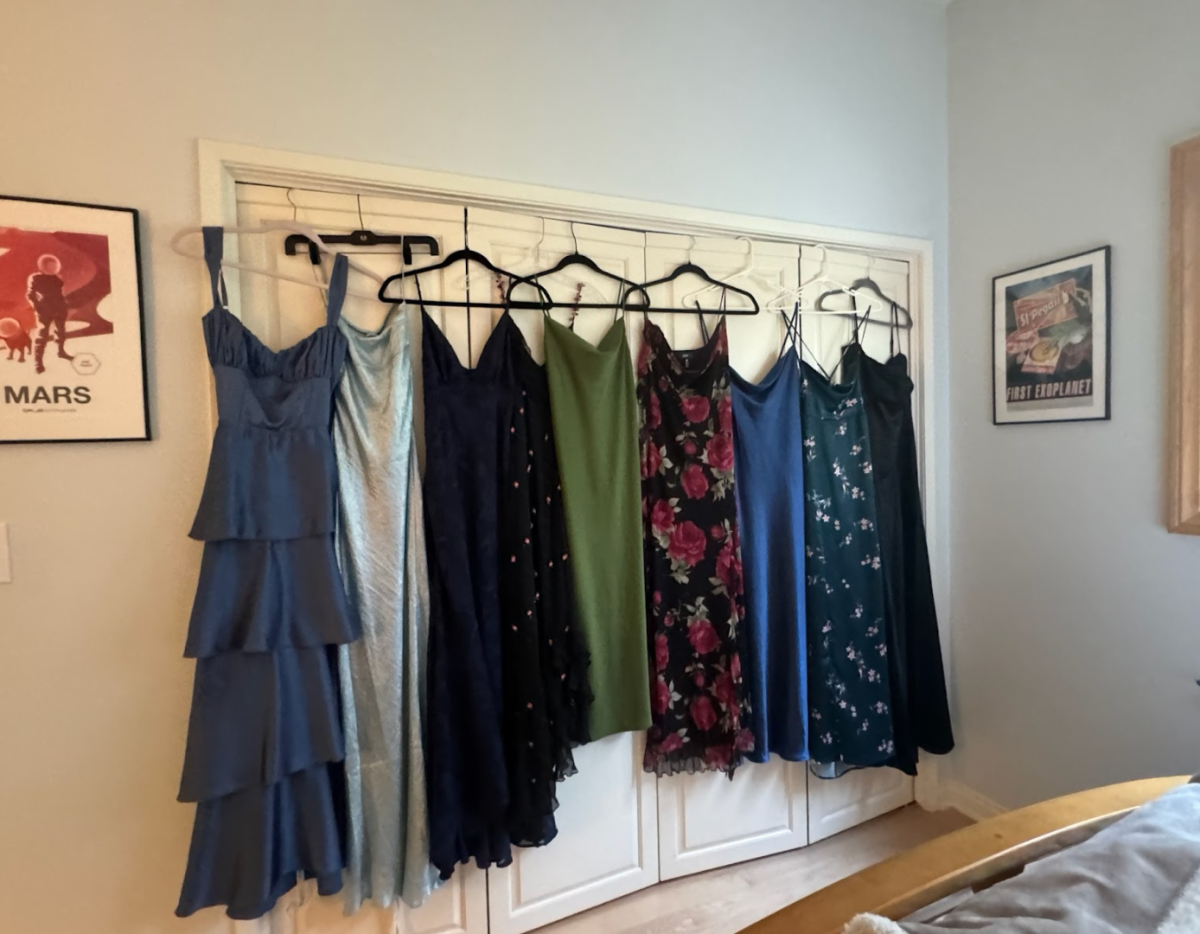








![Dr. Zanita Kelly, Director of Lower and Middle School, pictured above, and the rest of Westridge Administration were instrumental to providing Westridge faculty and staff the support they needed after the Eaton fire. "[Teachers] are part of the community," said Dr. Kelly. "Just like our families and students."](https://westridgespyglass.org/wp-content/uploads/2025/03/dr.-kellyyy-1-e1748143600809.png)








